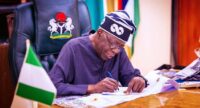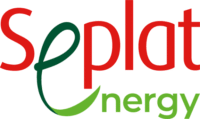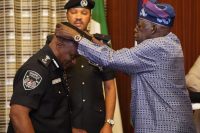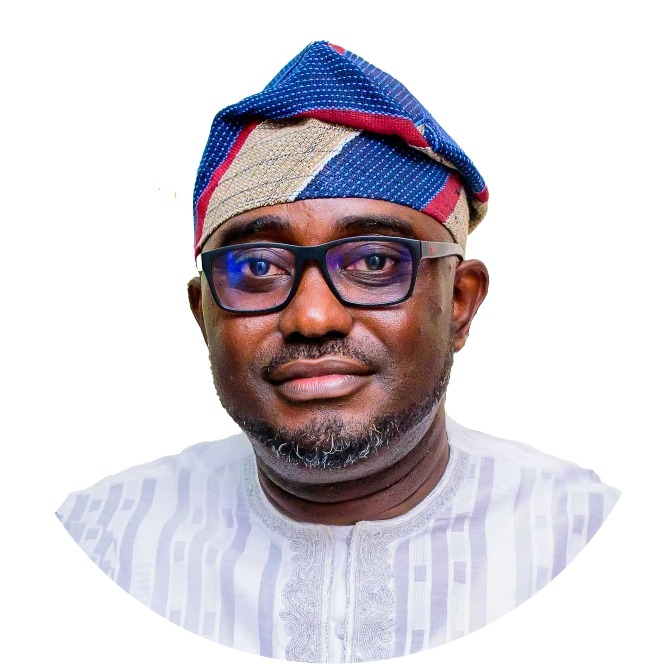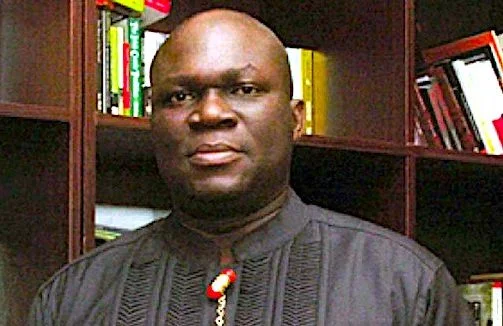The recent suggestion by media and insurance stakeholders to channel the N300 million insurance rebranding fund towards establishing a dedicated radio station to drive sustained awareness and reputation-building in the Nigerian insurance industry has sparked significant debate. While the intention of improving insurance education and awareness is commendable, the proposition overlooks critical challenges in today’s dynamic media environment.
Odion Aleobua, the Convener of Insurance Meets Tech (IMT) conferences and Founder of Modion Communications, has responded to the report with a call for a more effective strategy.
“The Nigerian insurance industry does not need a single, isolated radio station to build awareness and sustain its image. The industry needs a comprehensive, compelling, data-driven integrated marketing communications (IMC) campaign that addresses the heterogeneous audiences needs, leveraging the full spectrum of traditional and new media platforms.”
He posited that the radio medium, though an impactful mass media platform, has inherent limitations. A recent report by Statista shows radio penetration in Nigeria is just 65% compared to the over 80% penetration of mobile phones and the internet. Additionally, urban youth—one of the key demographics for increasing insurance penetration—are migrating towards digital and social media platforms for usable information and peerless entertainment.
While a dedicated radio station might address a niche audience, it cannot match the reach and versatility of a well-executed IMC campaign that combines radio, television, print, out-of-home, digital media, and experiential marketing.
A contemporary IMC campaign would empower the industry to meet its audience where they are— listening to the radio in their cars, watching TV in their living rooms, browsing social media on-the-go, engaging in local communities, or accessing content and relatable narratives on their smartphones. “The essence of successful communication is convincing a heterogeneous target audience with intentional messaging, brand positioning and call to action”, Aleobua continued.
“Instead of fragmenting our efforts, we must build campaigns that integrate various platforms, amplify consistent messages, and create emotional connections with the audience and risk management education. This is how we can shift the perception of insurance from a complex product to a necessary tool for wealth creation and financial security.”
“Whilst we cannot allocate a ball park figure to a proposed IMC creative industry campaign, the 300 million Naira in question could be deployed through various tactical vehilces”, Odion recommended.
Digital Engagement: Develop entertaining and relatable social media campaigns and narrative engagement that help demystify insurance as the most reliable non-banking financial services for wealth creation, lifestyle maintenance, and asset protection.
Community Engagement: Activate well-thought-through hyper-local, grassroots and community outreach programmes tailored to Nigeria’s diverse socio-cultural realities, positioning insurance services as a wealth creation tool, prosperity protection and generational wealth transfer.
Strategic Partnerships: One of the banes of insurance offtake is the dissuasion from unrealistic myths about cost and religious beliefs. However, Nigerians believe in the fidelity of credible opinion leaders and community leaders. So, the campaign must strategically target collaboration with credible influencers, Nollywood, and music artists as champions of insurance messaging within the country’s pop and mainstream cultures.
Subliminal Content Creation: Insurance messaging and marketing can be very boring. So, we need to be very tactical in producing high-quality, entertaining and relatable content across platforms, including podcasts, blogs, and video series that subliminally tell insurance stories that are easy to relate to and help educate Nigerians.
These initiatives would educate, inspire trust, and foster long-term relationships with prospective off-takers. To ensure the industry can track the effectiveness of the proposed IMC campaign, the campaign team should consider the following:
1. Conduct pre-campaign market research to scientifically understand the target audience’s preferences, habits, and pain points to help the comms strategy tailor messaging to be more impactful.
2. Regularly monitor and modify the campaign strategies by implementing analytics tools to track engagement and feedback, enabling continuous campaign improvement.
3. Foster Collaborative Learning: Inviting different stakeholders, including insurance providers, tech startups, and marketing experts, to share insights and best practices can lead to more innovative approaches.
This is what Insurance Meets Tech is already doing in the space.
A Vision for the Future
“The Nigerian insurance industry must be audacious about innovating its awareness and marketing communications efforts, infusing technology and digitalisation, especially as the country’s future consumer population and demography are over 50% young, under 35 years and tech-savvy. With a compelling IMC campaign, the Nigerian insurance industry can transcend traditional boundaries, increase penetration, and ultimately become a cornerstone of financial inclusion in Africa”.
Odion Aleobua is an international award-winning Public Relations and Marketing Communications professional.

